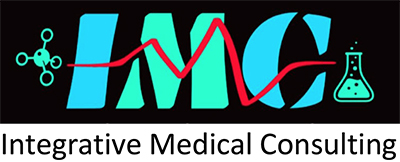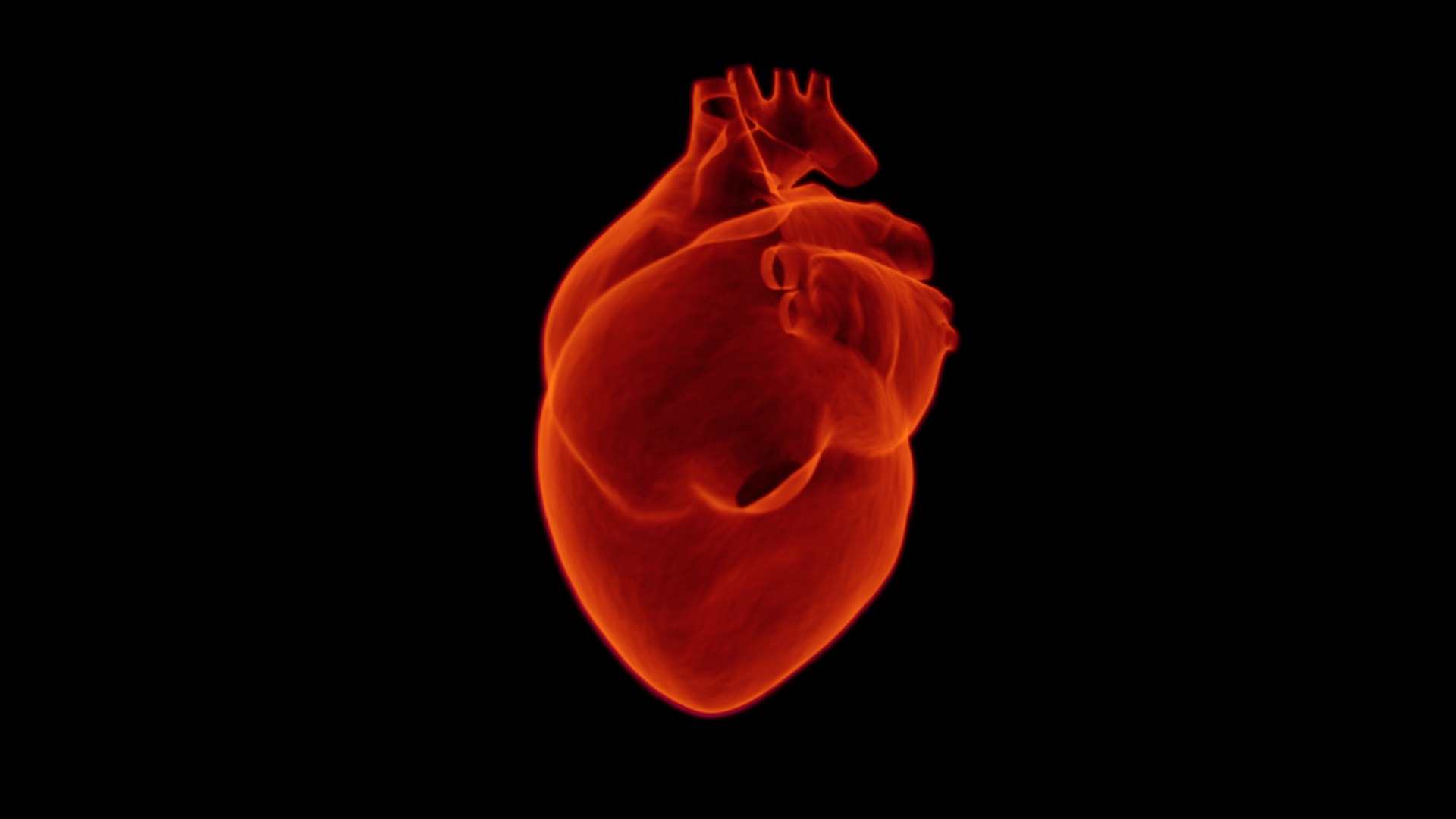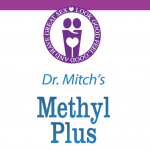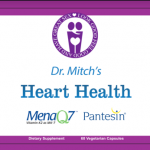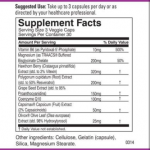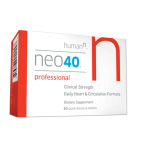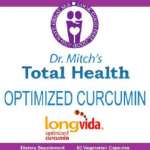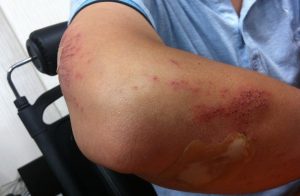One in four deaths in the United Stated is attributed to cardiovascular disease (CVD), making it number one cause of death. For the most part, cardiovascular disease is self-inflicted; unfortunately, conventional medicine does offer much for prevention, diagnosis, or treatment. Cardiovascular disease is called a silent killer because most patients are unaware they have been afflicted until it is advanced and they experience symptoms, such as chest pain, shortness of breath, or swelling of their lower extremities.
There are many lab tests for cardiovascular risk assessment, yet most conventional doctors rely solely on lipid panel testing. Many still believe that elevated cholesterol cause majority of cardiovascular disease. As a result, millions of people are on statin drugs despite the many adverse effects they cause and lack of independent research supporting their efficacy. On the contrary, statins might actually promote atherosclerosis and heart failure.
Is there a better way of looking at cardiovascular risk? If you review cardiac panels of such reputable institutions such as Cleveland Clinic or Boston Heart, you will see many great biomarkers of CVD such as C-reactive protein, homocysteine, lipoprotein (a), apolipoprotein A and B, oxidized LDL, fibrinogen, myeloperoxidase, Lp-PLA2, galectin, NT-proBNP, CoQ10, among others.
Your health is one of the most important things you have. Make sure that your healthcare provider can accurately assess your risk of cardiovascular disease so that potential issues can be identified early and if necessary, proper interventions can be put in place to prevent a serious event such as heart attack, stroke, or congestive heart failure.
Next time you see your doctor, ask him or her to order a comprehensive labwork including tests described above. Demand natural options and alternatives to medications. If your healthcare provider offers only drugs, it might be time to look for another physician. Cardiovascular disease can be prevented and in many cases reversed by lifestyle modifications and nutrients, such as natural anti-inflammatories, antioxidants, amino acids, vitamins and minerals. Many functional practitioners may also offer chelation; according to the University of Miami, TACT trials suggest that EDTA chelation can help in reversal of atherosclerosis.
Read More:
Cardiovascular Risk Assessment-Cleveland Clinic
http://www.clevelandheartlab.com/providers/the-science/
Chronic Inflammation and Cardiovascular Disease
https://www.ncbi.nlm.nih.gov/pmc/articles/PMC5488800/
Stroke Risk and Chronic Blood Hyperviscosity
https://www.ncbi.nlm.nih.gov/pubmed/2003279
Statins stimulate atherosclerosis and heart failure
https://www.ncbi.nlm.nih.gov/pubmed/25655639
Toxic Metals, CVD, Chelation
https://www.ncbi.nlm.nih.gov/pubmed/23532240
